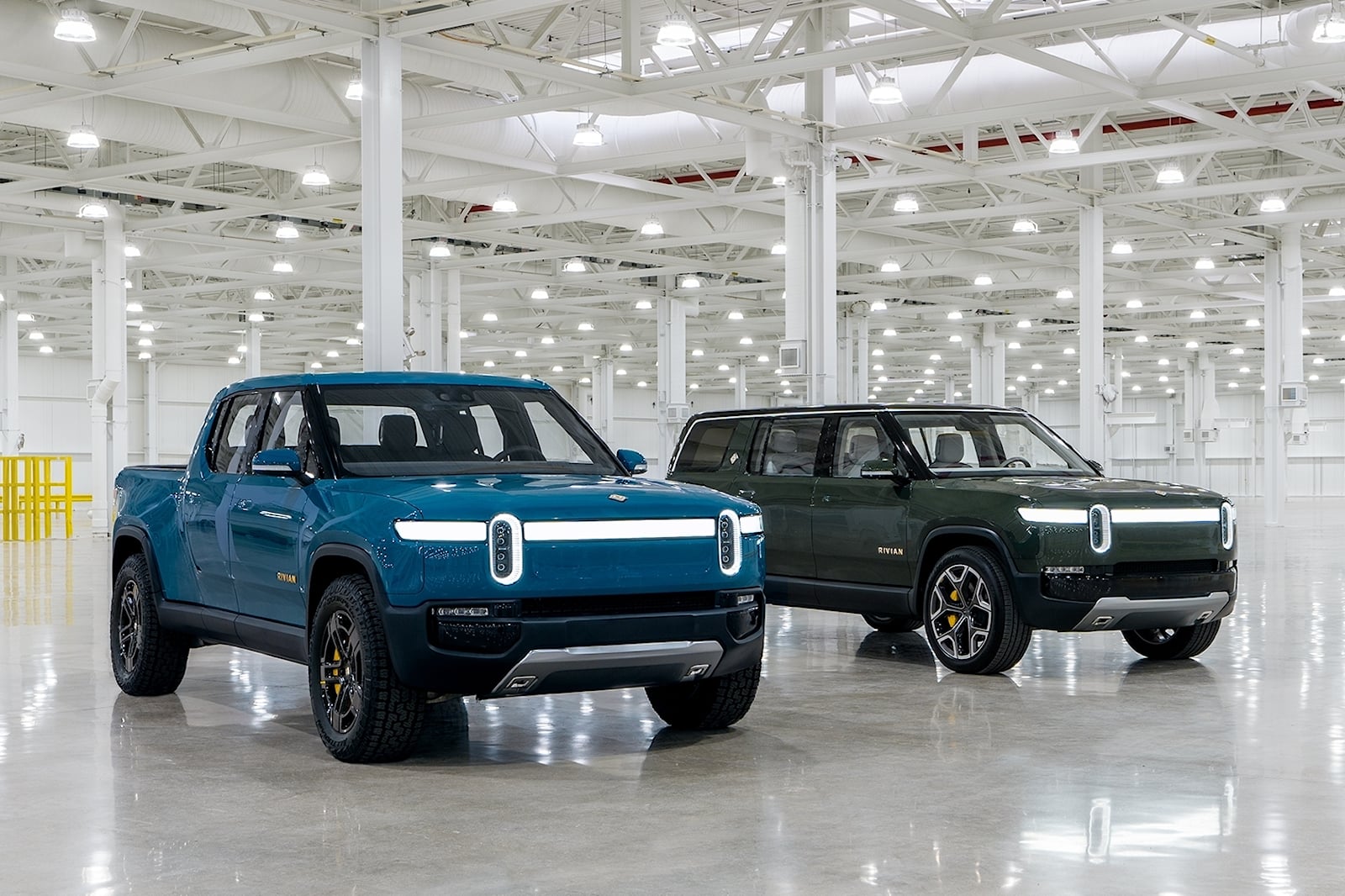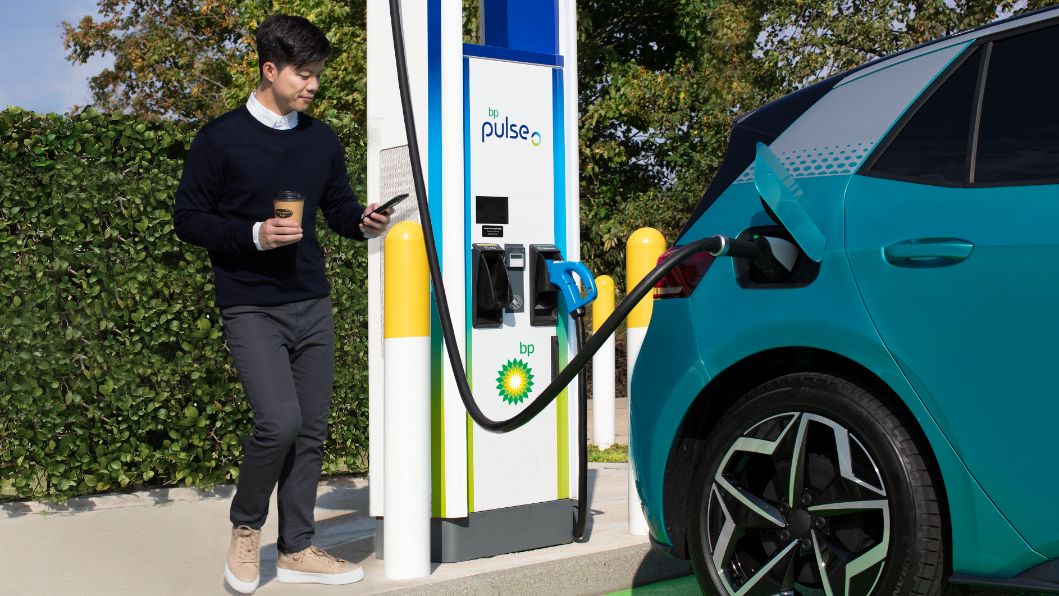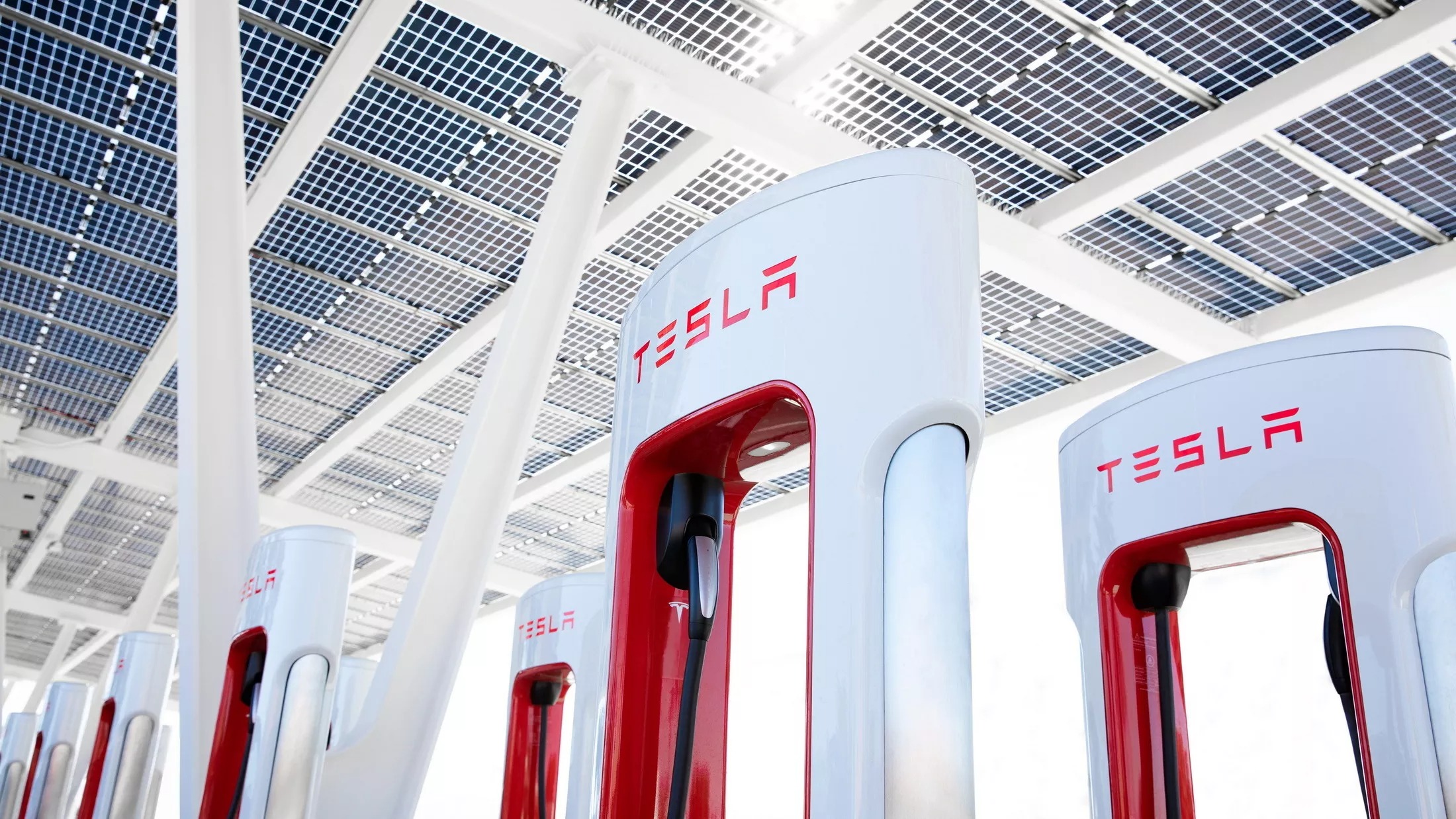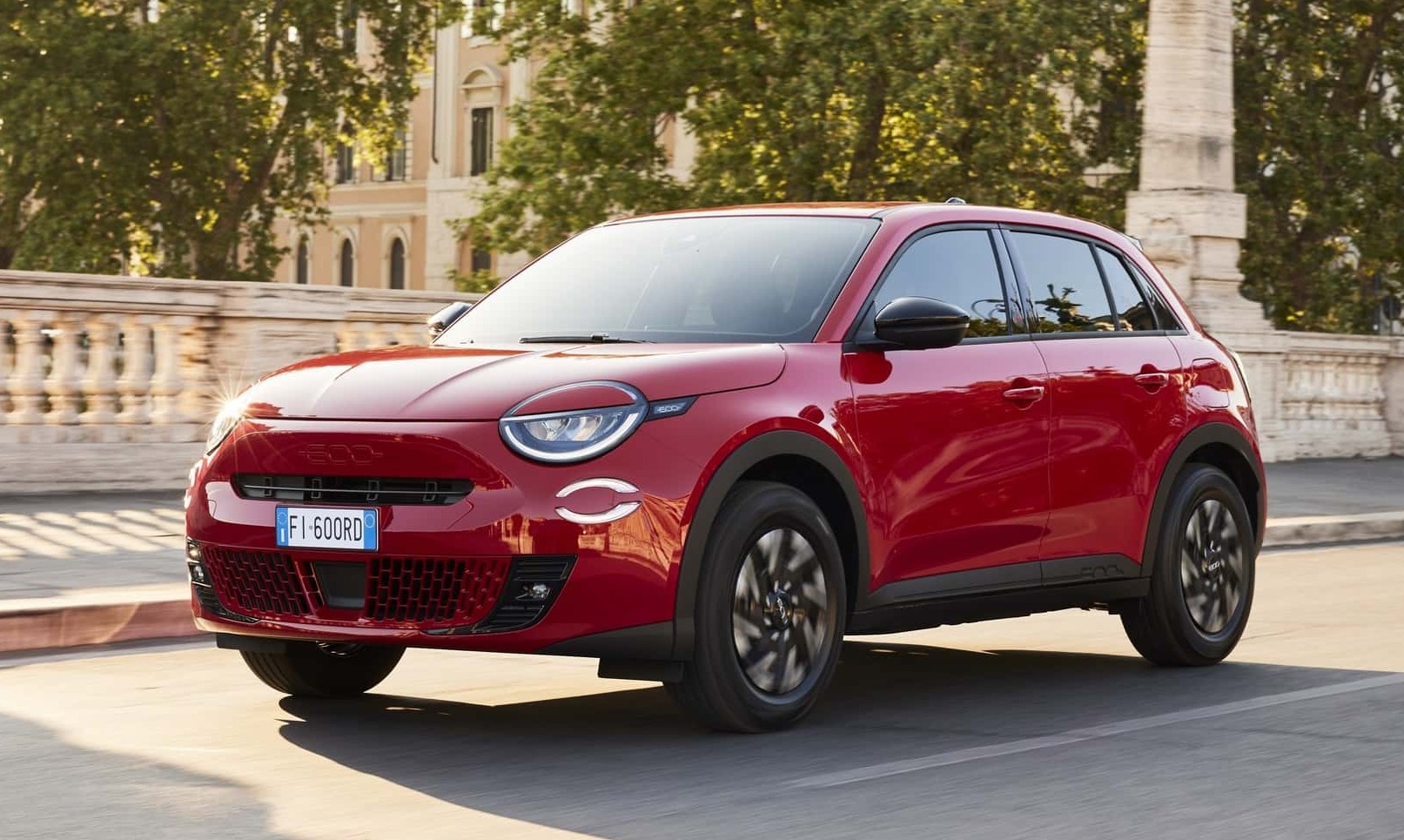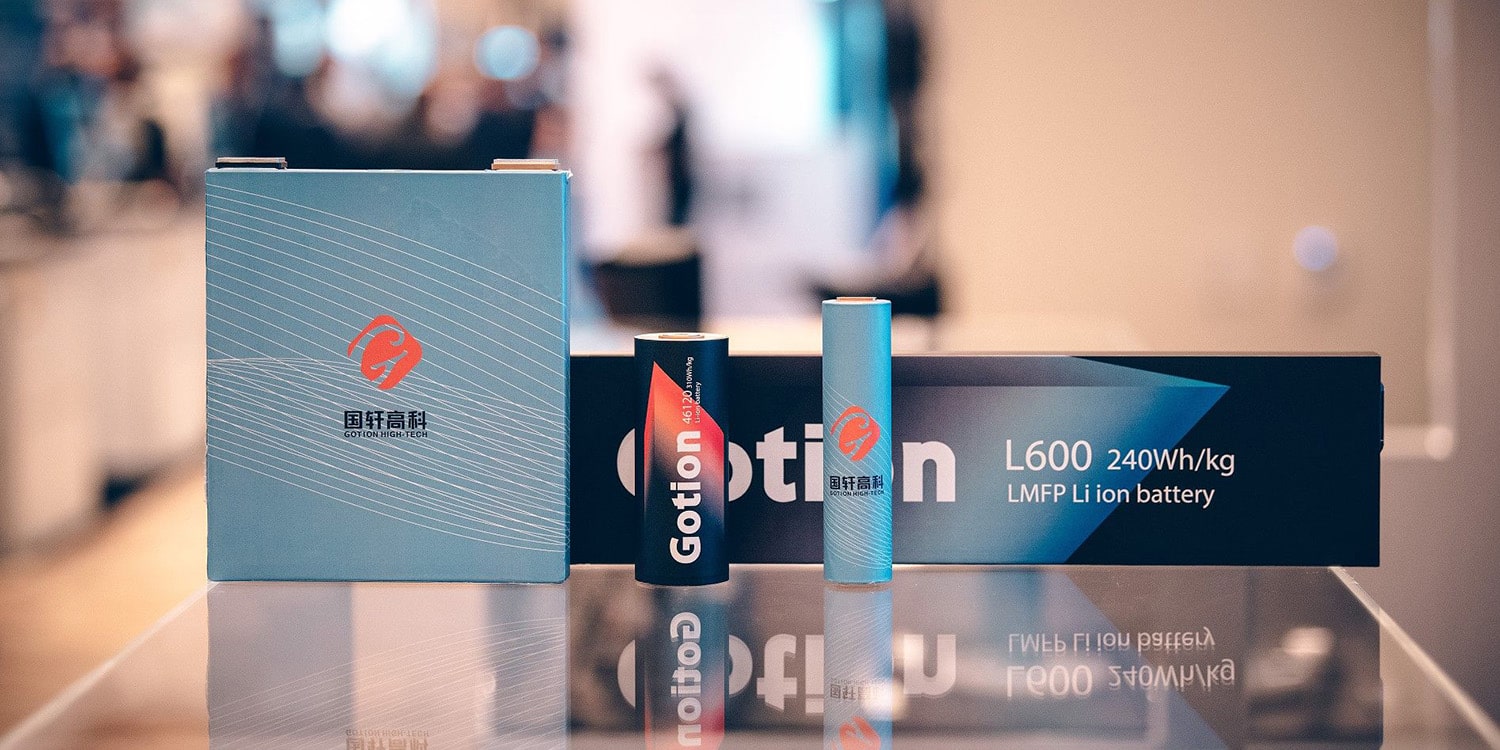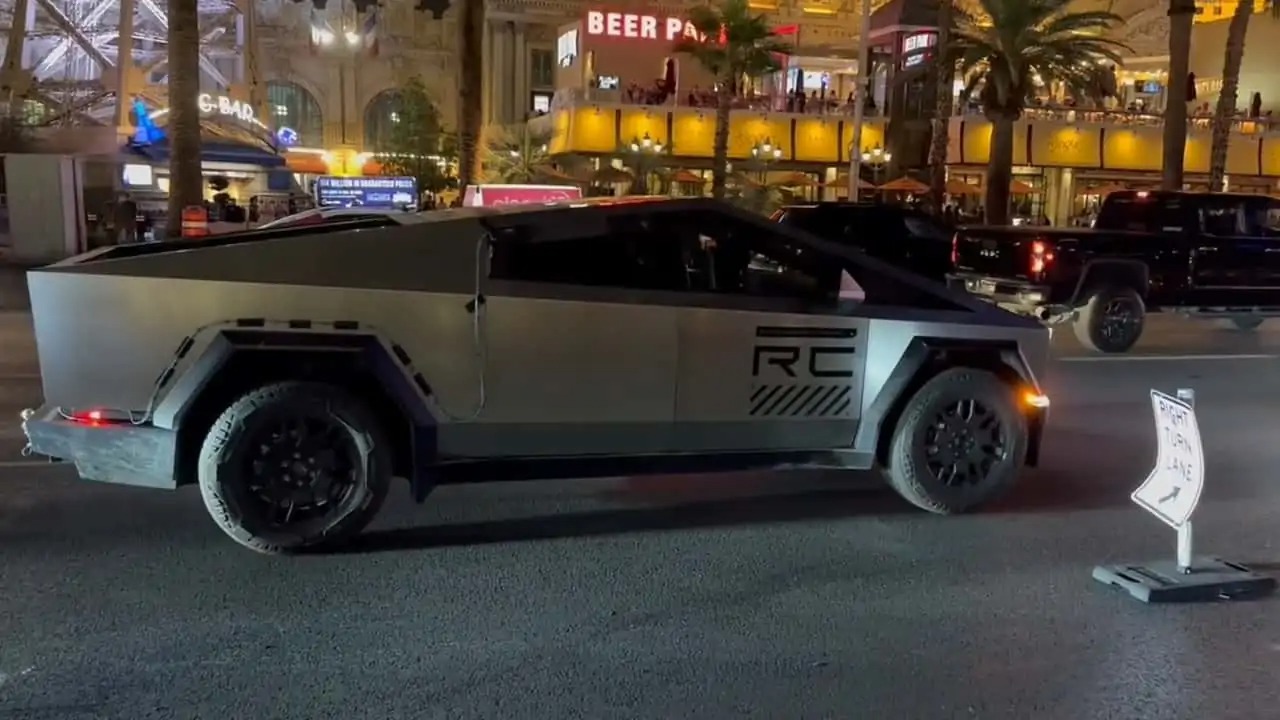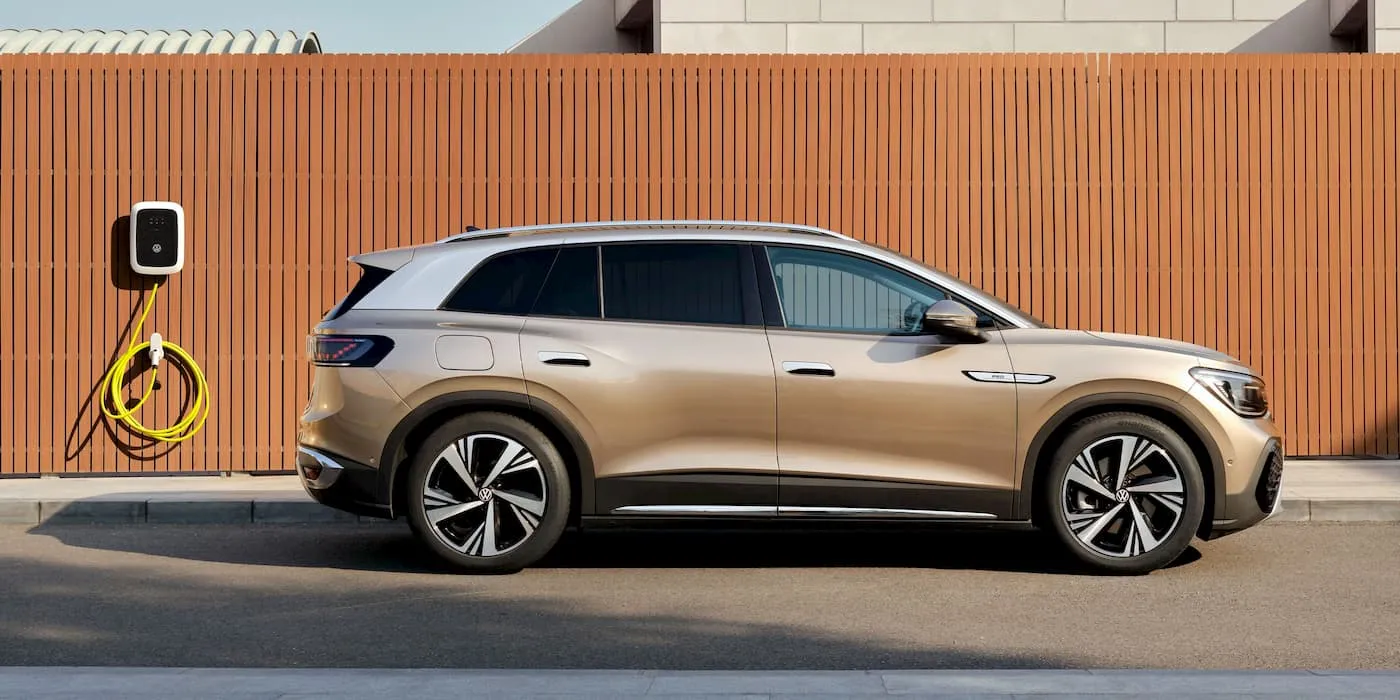Rivian Automotive, the electric vehicle (EV) manufacturer, has voiced optimism regarding a substantial deflation in battery material prices for the year 2024. Claire McDonough, the Chief Financial Officer of Rivian, made these remarks during her presentation at the Goldman Sachs Communacopia + Technology conference. The company believes that this impending decline in battery material costs will have a significant impact on its operations, with repercussions expected to begin surfacing in the fourth quarter of this year.
“We’ll see some of those (price) impacts in the Q4 timeframe of this year, certainly will impact as we look to 2024,” McDonough said at the Goldman Sachs Communacopia + Technology conference.
The surge in raw material prices essential for EV batteries had reached unprecedented levels, primarily driven by the growing demand for electric vehicles and exacerbated by supply chain disruptions brought about by the global pandemic. The situation further escalated due to geopolitical factors, most notably Russia’s invasion of Ukraine.
Claire McDonough, in her statement, acknowledged the challenges posed by these heightened prices, highlighting their anticipated effects on Rivian’s financial outlook for 2024. This insight comes as market research firm TrendForce revealed that diminishing demand for EVs has already started to exert downward pressure on battery prices, with further reductions expected throughout the year.
Rivian’s strategy to counteract these challenges includes a concerted effort to enhance its production capabilities. One key aspect of this strategy is the ramping up of production for its in-house drive unit. By bolstering its in-house manufacturing, Rivian aims to reduce its reliance on third-party suppliers. This move not only enhances cost-efficiency but also streamlines production processes.
See also: Rivian’s Dual-Motor R1T Shatters Expectations with Impressive 410-Mile Electric Range
The company’s robust demand for its EV offerings, coupled with an ambitious production ramp-up, places it in a favorable position within the competitive EV market. Rivian has managed to distinguish itself from peers grappling with intense competition, production bottlenecks, and the ramifications of Tesla’s price wars. The culmination of these factors has paved a clear path for Rivian towards achieving profitability in the coming year.
As the EV industry continues to evolve and adapt to changing market dynamics, Rivian’s proactive approach towards cost control and production efficiency may well position it as a noteworthy player in the electric vehicle market of the future. The anticipated decline in battery material prices for 2024 offers a glimmer of hope for the company and reinforces its commitment to delivering sustainable mobility solutions to a growing customer base.

